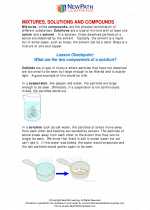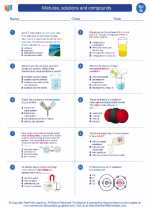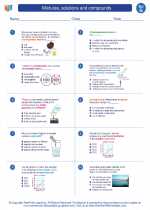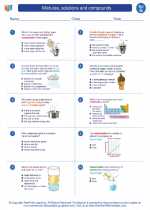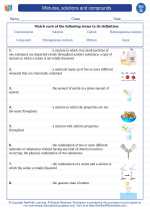Denitrification
Denitrification is a microbial process that converts nitrates (NO3-) and nitrites (NO2-) into nitrogen gas (N2) or nitrous oxide (N2O). This process occurs in anaerobic conditions, such as in waterlogged soils, sediments, and the bottom layers of water bodies.
Steps of Denitrification:
- Nitrate Reduction: Nitrate is first reduced to nitrite by nitrate reductase enzymes.
- Nitrite Reduction: Nitrite is further reduced to nitric oxide (NO), and then to nitrous oxide (N2O) by denitrifying bacteria.
- Nitrous Oxide Reduction: Nitrous oxide is finally converted to nitrogen gas (N2) by denitrifying bacteria, completing the denitrification process.
Importance of Denitrification:
Denitrification plays a crucial role in the nitrogen cycle, as it helps to maintain the balance of nitrogen in the environment. It also acts as a natural process for removing excess nitrates from soil and water, preventing the accumulation of harmful nitrogen compounds.
Study Guide:
For a detailed study of denitrification, you should focus on understanding the microbial and enzymatic reactions involved in the process. Familiarize yourself with the types of denitrifying bacteria, their habitats, and the environmental conditions that favor denitrification. Additionally, explore the ecological and agricultural implications of denitrification, including its impact on nitrogen availability in ecosystems and its role in mitigating nitrogen pollution.
.